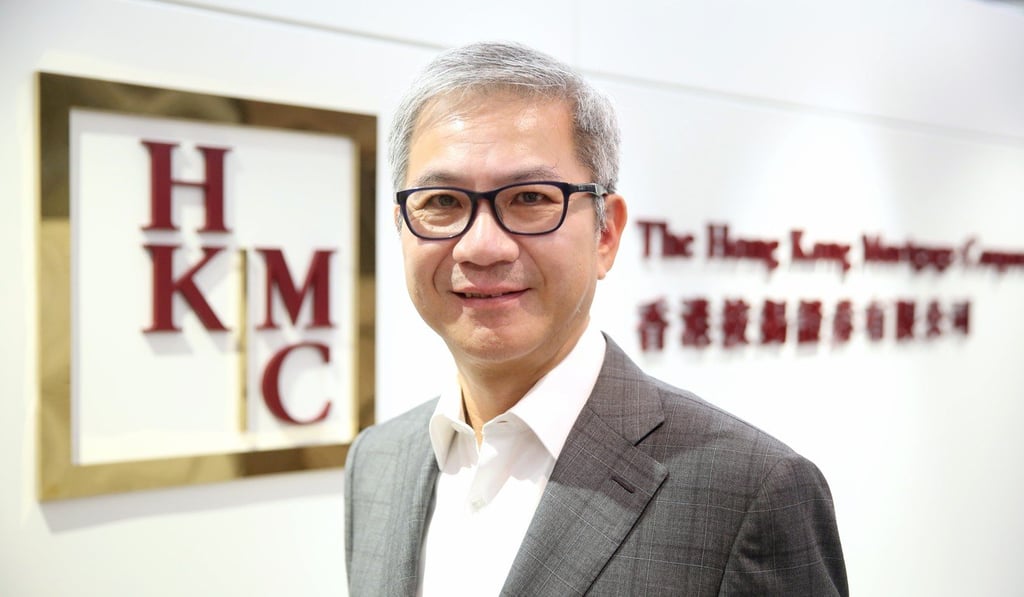Hong Kong changes reverse mortgage rules, paving way for pensioners to settle in ‘Greater Bay Area’
- Government allows retired individuals to lease out reserve mortgage homes
- Public annuity scheme attracts another HK$500 million after subscriptions cap raised to HK$2 million in December

The Hong Kong Mortgage Corporation has introduced a rule allowing pensioners to lease property against which they have taken out reverse mortgage loans, a move that could potentially make it easier for them to move to the “Greater Bay Area”, where the cost of living is more affordable.
The new rule, introduced last month, will allow 3,200 pensioners who have reverse mortgage arrangements to lease out their homes as long as they declare they are retired, Raymond Li Ling-cheung, the corporation’s chief executive, said on Tuesday.
The reverse mortgage scheme is run by the corporation, which is owned by the Hong Kong government via the Exchange Fund, in partnership with commercial banks. Li said the new rule would
enhance the scheme, as well as allow owners to lease their properties for more income.
“Pensioners can opt to live with their children, in nursing homes, or move to the Greater Bay Area, which has a nice retirement environment, and where the cost of living is cheaper,” he said.

“This will also increase the income of these pensioners, and it will also help increase the housing supply in Hong Kong.”